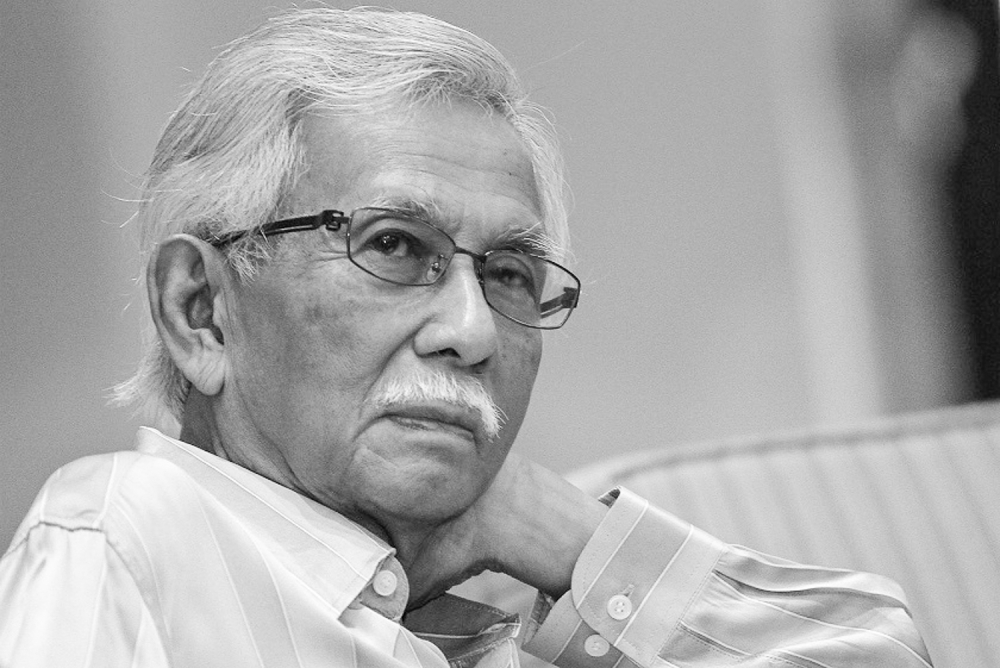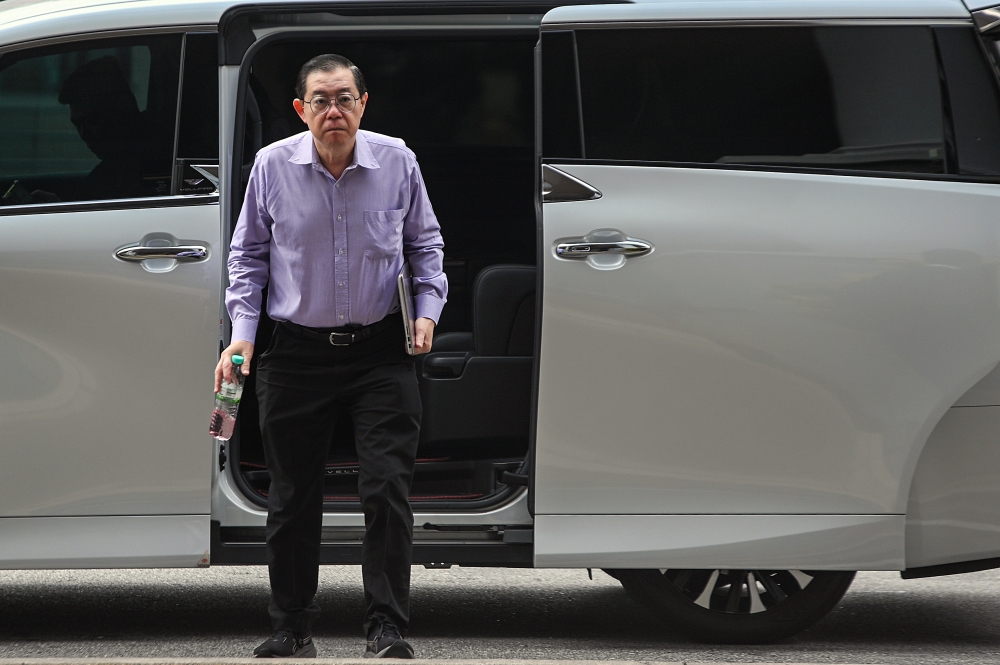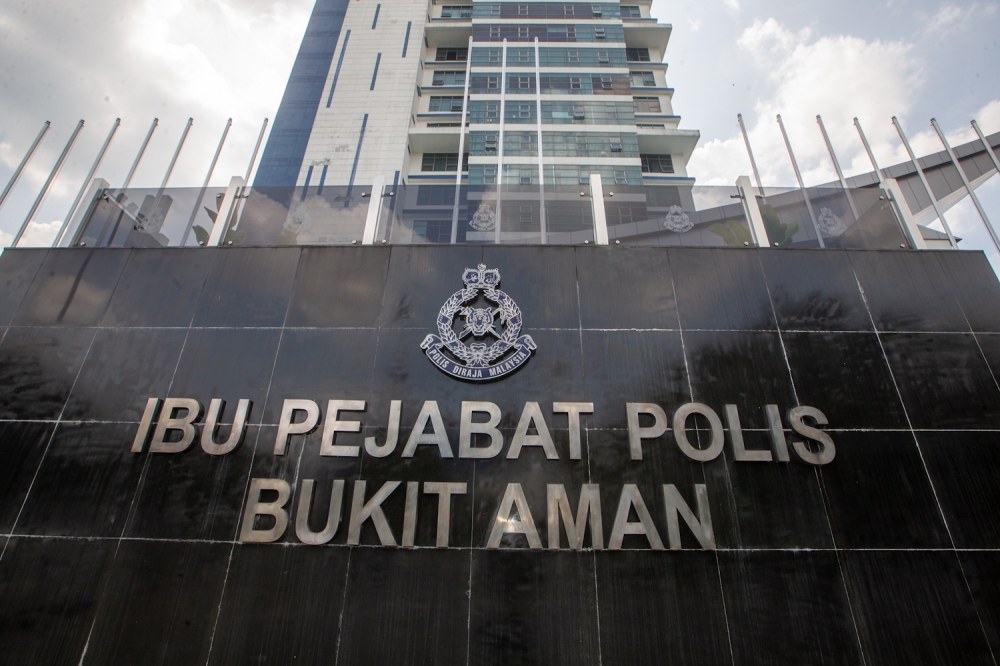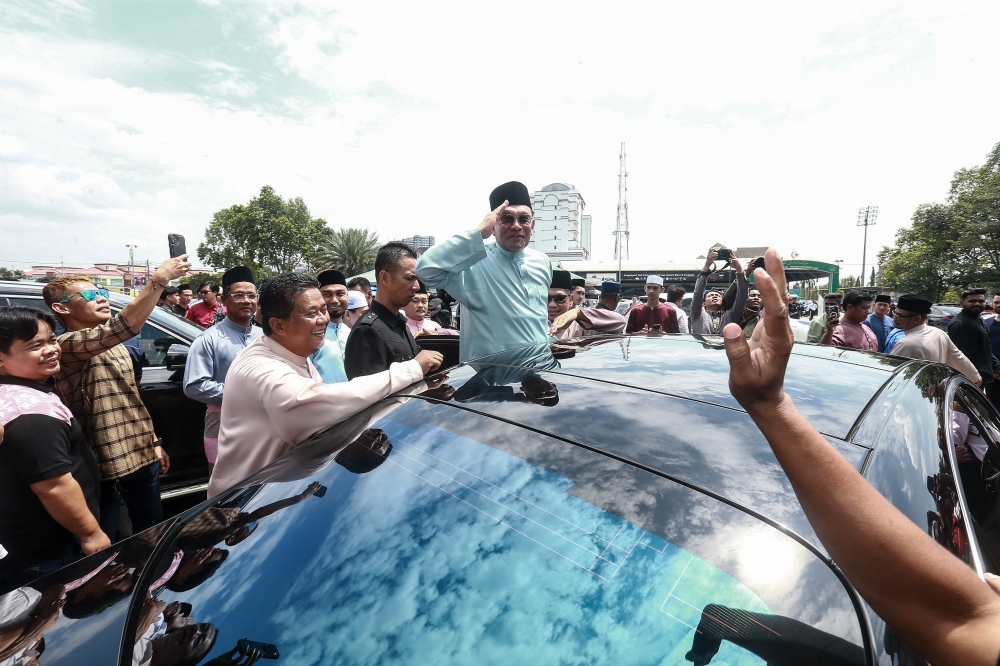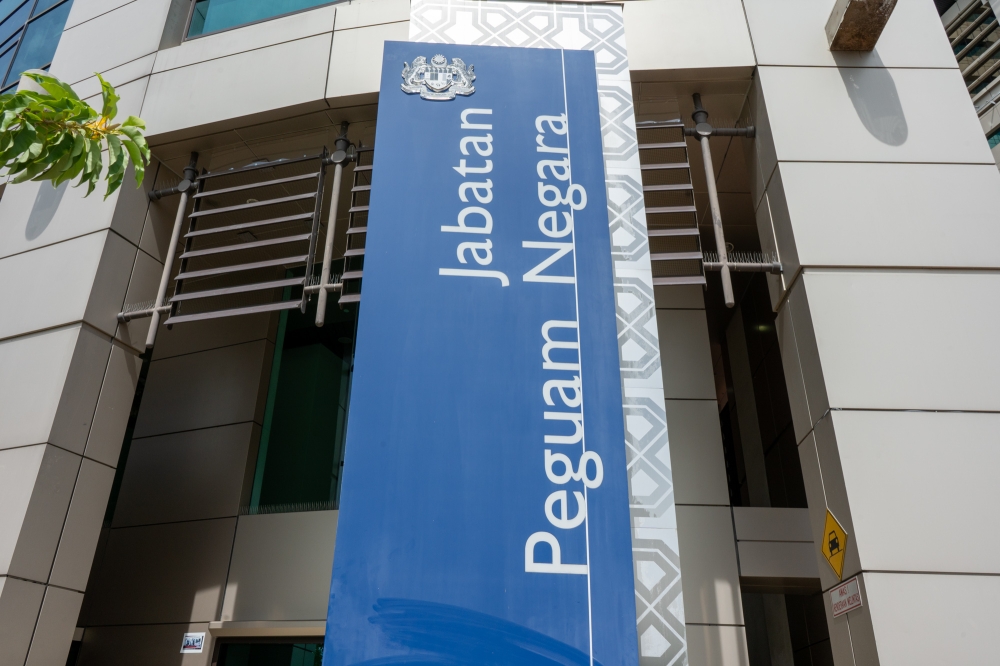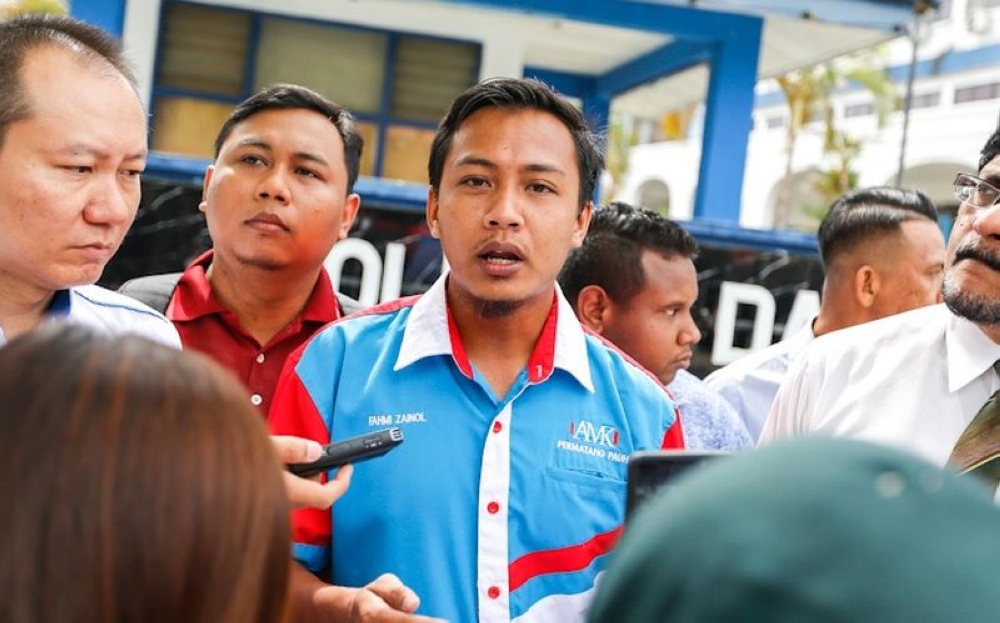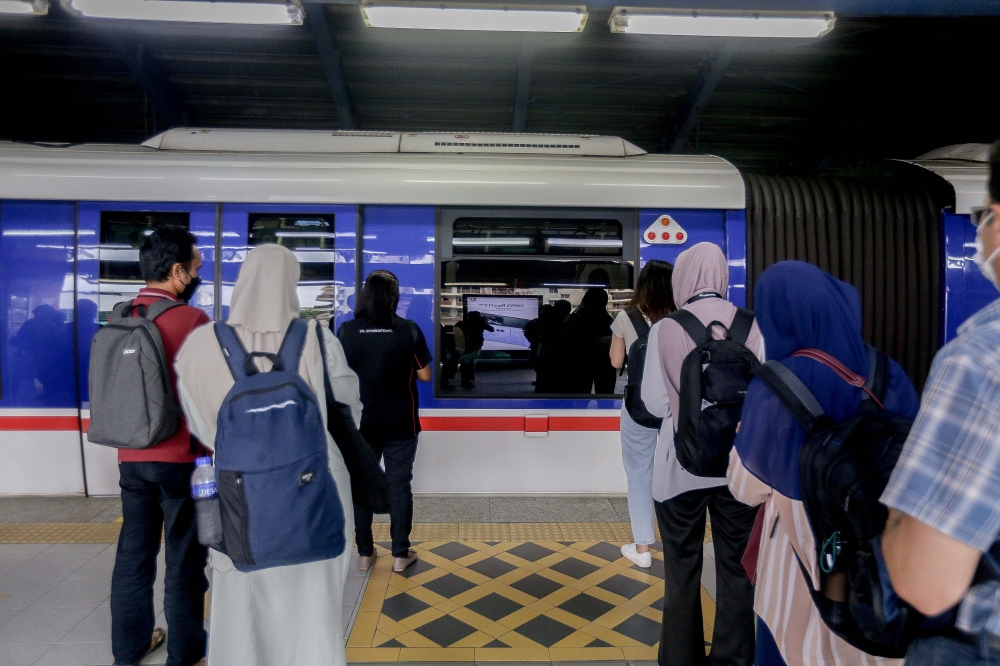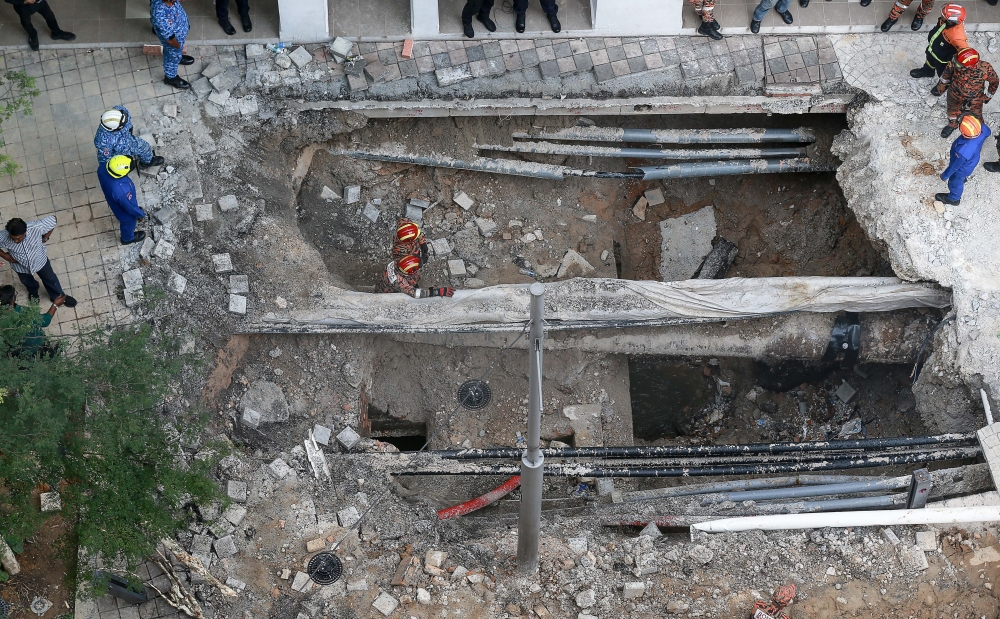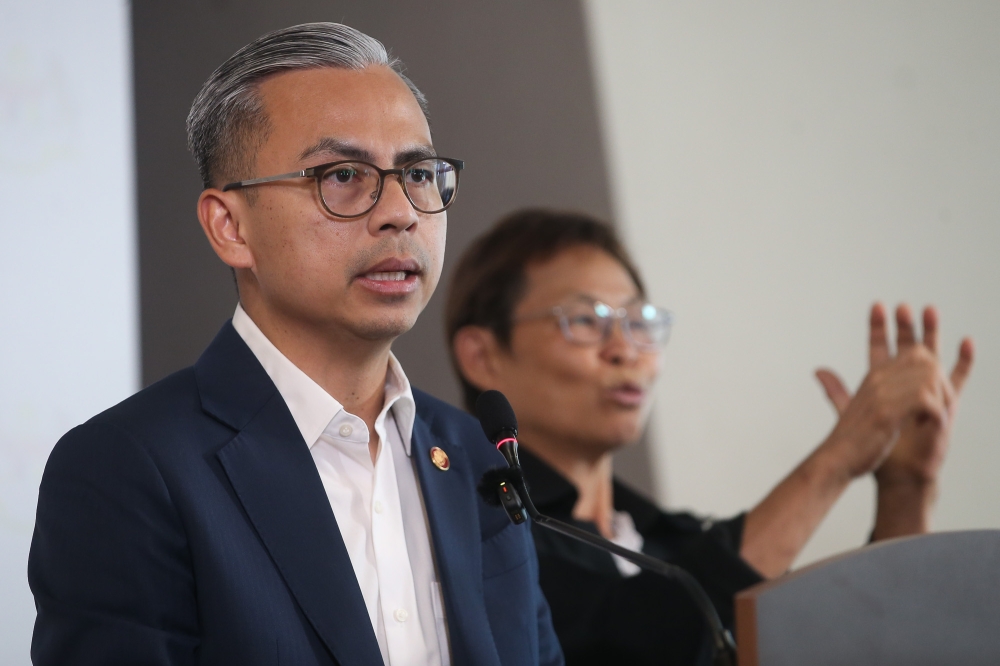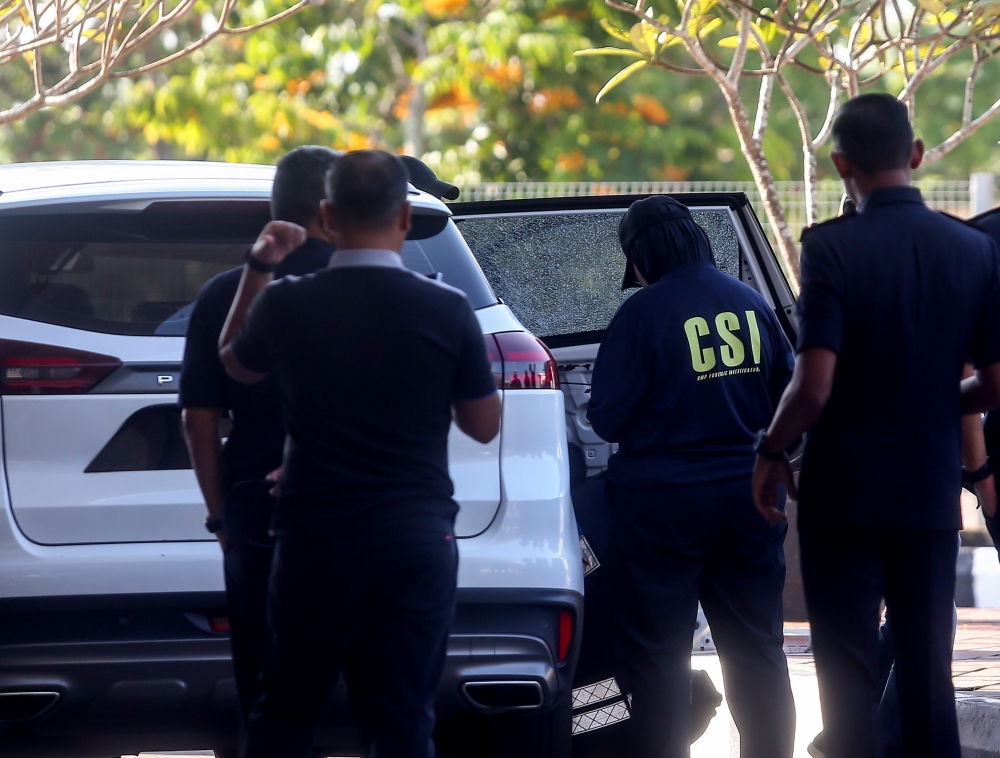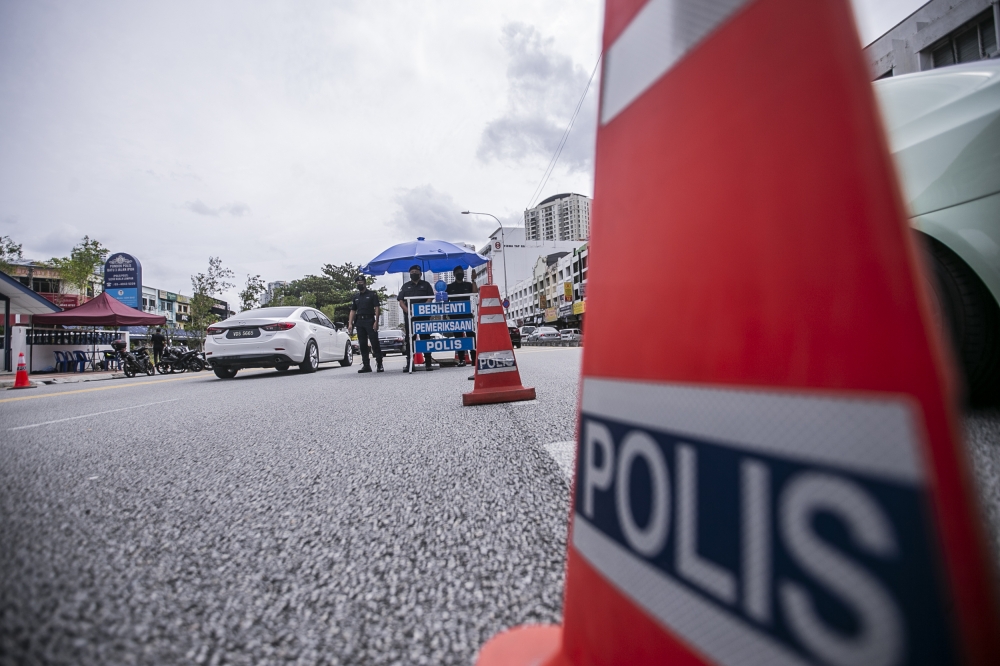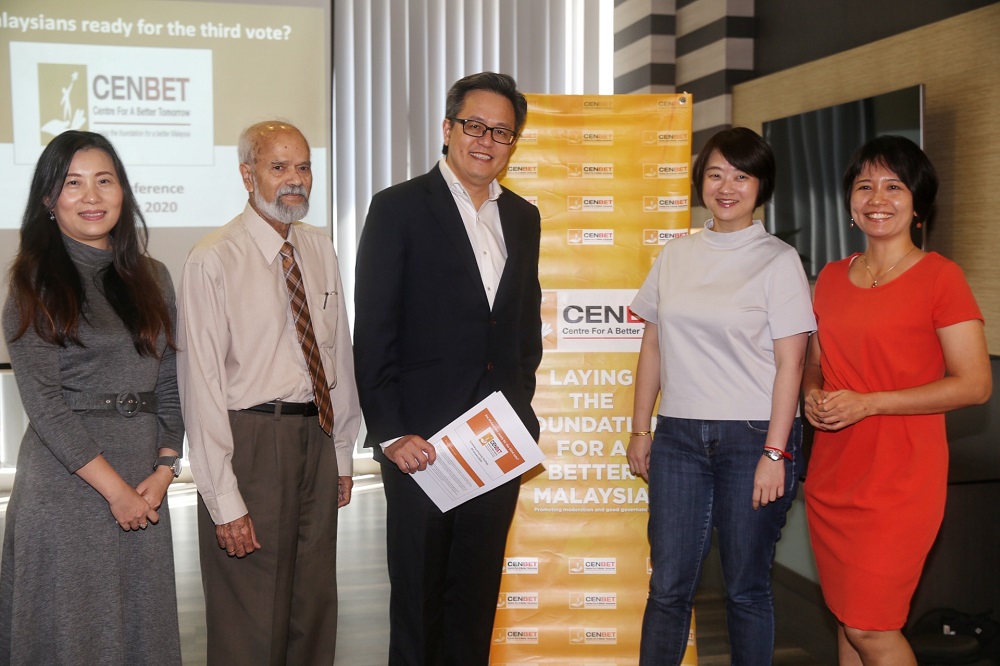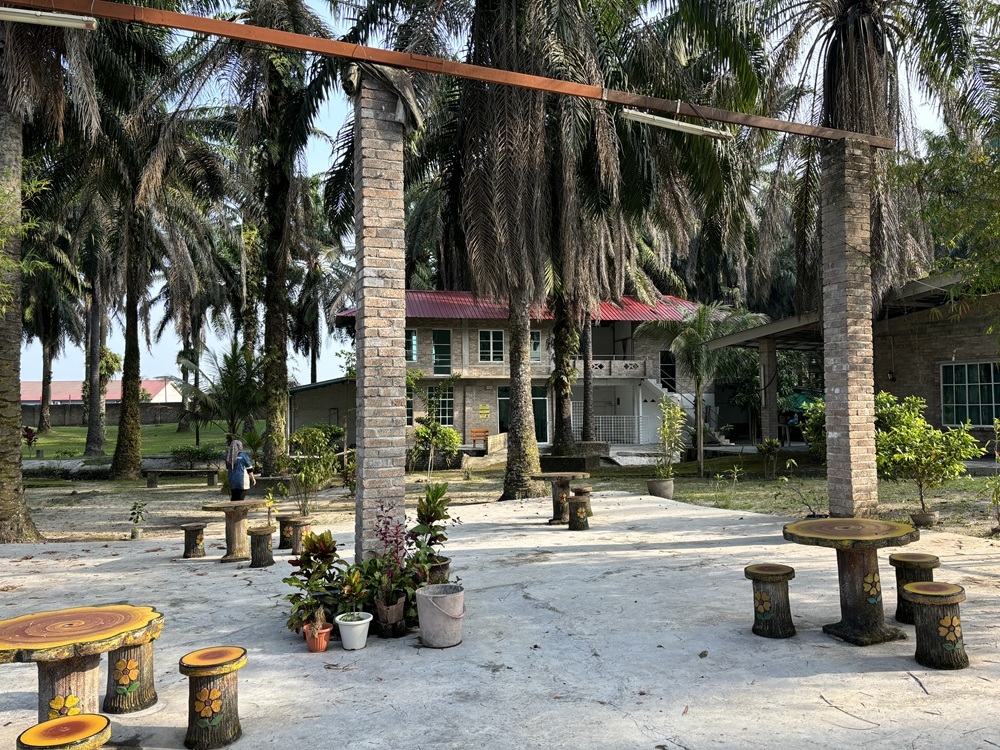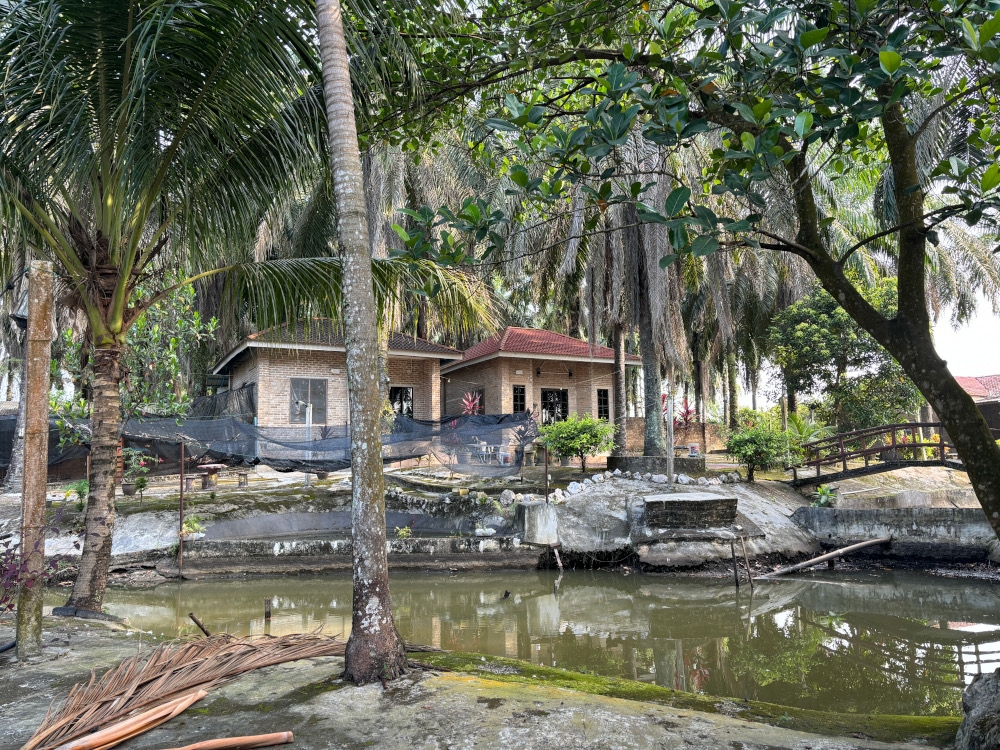KUALA LUMPUR, Jan 20 — Almost 60 per cent of Malaysians polled by the Centre For A Better Tomorrow (Cenbet) say they want the third vote revived, reinforcing the Pakatan Harapan (PH) government’s pledge to hold local council elections.
At the same time, the think tank said the same survey showed most Malaysians did not know who their local council representatives were, or the councillors’ job scope.
“The government has pledged to bring back the third vote and people want it, but we’ve got conflicting views as to why the people want this change.
“They want change but aren’t sure what they want. In fact, we found that most of the voters actually don’t know the functions of their local councillors and representatives,” Cenbet co-president Gan Ping Sieu told a news conference here at the release of its survey findings.
Gan said the survey showed Malaysians want their local council representatives and those in public service to be more responsive.
He said most of those polled felt there wasn’t enough public engagement, which in turn affects the local councils’ ability to work properly.
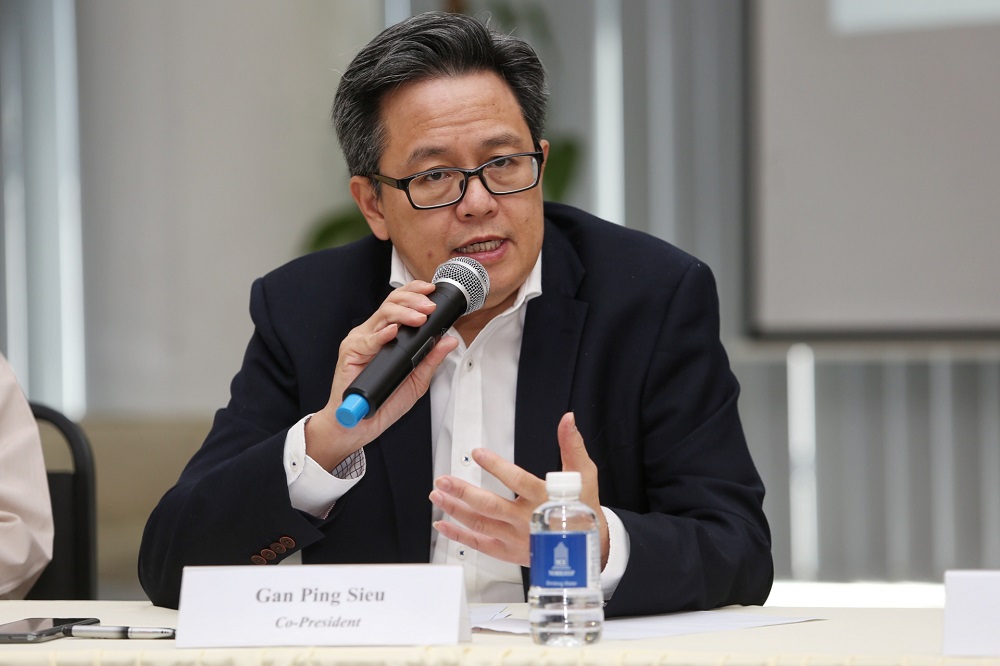
Gan said while the government can do more, its move to lower the voting age to 18 means there is a greater urgency to educate the public on the functions of the government down to the state and district levels.
“Our survey shows only 20 per cent can really differentiate what are the functions of the government. So if there’s a member of the public with a grievance, they may go to the wrong place or wrong person.
“These are things where if we do not elevate our political maturity or literacy, it will be hard to improve ourselves,” Gan added.
The Cenbet survey conducted last November polled 1,000 participants who were equally divided into male and female respondents to find out the public’s sentiments towards the performance of local authorities and their understanding or perception of the impact of bringing back local government elections.
Cenbet said Malays comprised 680 of respondents, ethnic Chinese 240 while ethnic Indian and others 80.
Roughly 280 respondents were polled from the northern states, 430 were from the central peninsula, 180 from the southern states and 110 from the peninsula’s east coast.
Malaysians polled were asked six questions regarding the roles and responsibilities of the three levels of government. Only 19 per cent scored more than two-thirds on questions relating to roles of the various levels of government.
Cenbet said Chinese Malaysians were the most unhappy with only 31 per cent saying they were satisfied with their local government. Satisfied Indian Malaysians were 45 per cent and Malays 47 per cent.
Gan said the results showed signs of confusion and an expression of political fatigue among voters.
He pointed out that Malaysia’s education system only exposes students to the three levels of government in Form Six when they are typically 17 or 18 years old.
With the voting age lowered to 18, Gan estimates between seven and eight million new voters come 2023 when the 15th general election is due and called for a need to start educating Malaysians about government from a younger age.
“Start younger, maybe from Form One onwards,” Gan suggested.
“Get basic knowledge on public institutions. Start learning simple things like the fundamental difference between district office and council office. Most wouldn’t be able to tell you the difference.”
The Cenbet survey also showed low literacy levels among younger respondents regarding the three tiers of government.
Only 11 per cent pollsters aged between 18-29 knew the functions of the government. Those aged 30-39 came in at 21 per cent, 40-49 (23 per cent) and 50-59 (19 per cent).
The survey showed that 58 per cent of respondents agree with having local council elections again despite the mediocre performance from the incumbents.
Cenbet said the survey found respondents were split in their opinions about the impact of bringing back local government elections.
Around 67 per cent felt there will be greater bureaucracy resulting in slower decision-making process if local government elections are brought back while 61 per cent felt it will be for the better with 55 per cent agreeing there will be better governance with the return of local elections.
“Although there used to be elections for members of local governments such as municipal councils, today, no local government elections are held in Malaysia.
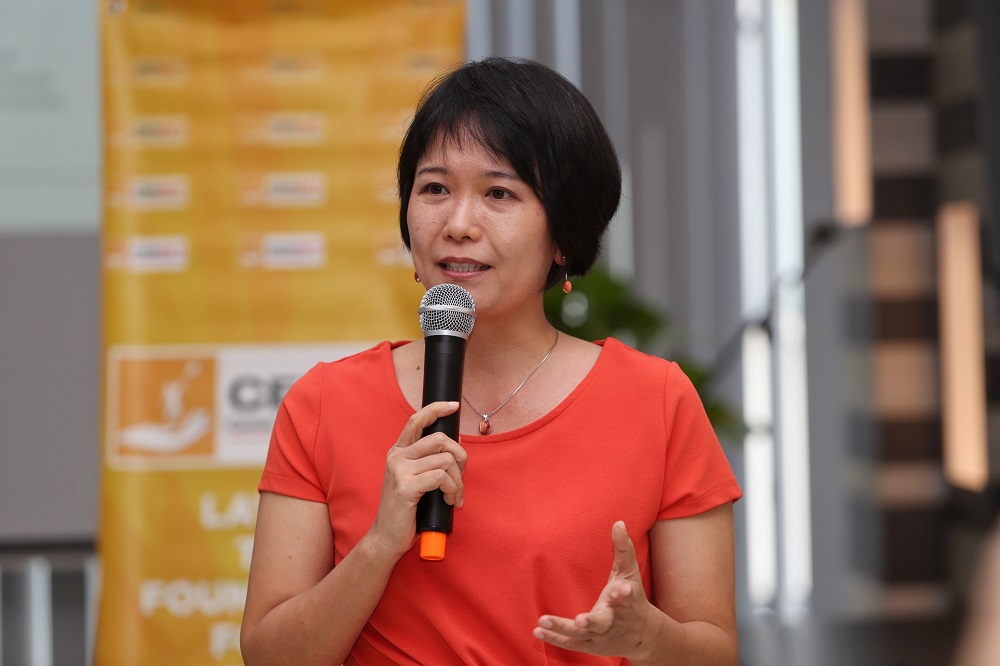
“Local government elections were suspended following Konfrantasi between Malaysia and Indonesia in 1964. The suspension was never lifted and was instead made permanent through Local Government Act 1976. Under the Act, local government members are appointed by the respective state governments,” said Dr Leong Yuen Yoong, a partner in WAYY Consulting which was commissioned to carry out the Cenbet survey.


